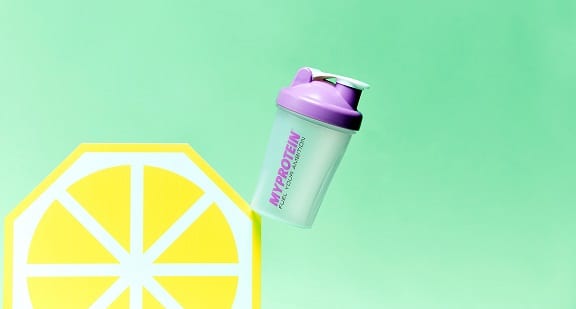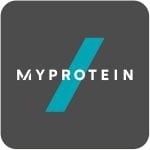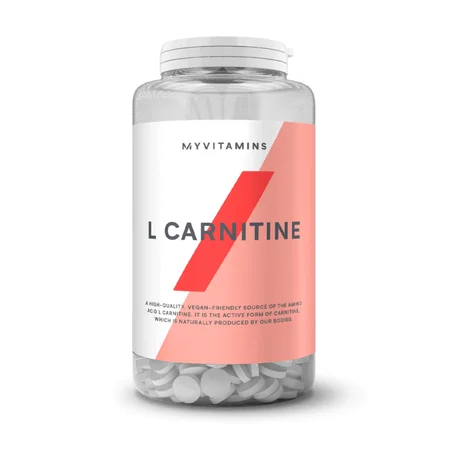L-Carnitine and Choline | Do They Work For Weight Loss?

If you were to open up a biochemistry textbook and try to figure out what would be the best supplement to take in order to increase fat loss, you would likely pin it down to l-carnitine.
The role of Carnitine
Carnitine is intimately involved in getting fatty acids into the mitochondria where they can be burned for fuel. There are two different types of carnitine transporters in the membrane of mitochondria that allow the fats to get from the cytoplasm into the heart of the mitochondria so that they can be burned to make ATP.
If you are lacking in these transporters, then your body will be unable to get the ATP it needs from fat and will use carbs instead, allowing your fat to stay right on your hips. If you over-express these carnitine transporters (like they did in the rat model in reference 1) you will get an increase in fatty acid oxidation, a lowering of triglyceride levels, and an increase in skeletal muscle insulin sensitivity. This supplement seemed like it could be a cure-all for fat loss, at lease if we put our faith in the biochemistry.
What did the studies show?
Unfortunately, the early human studies using a carnitine supplement to increase these transporters produced disappointing results. The studies showed that after either acute or chronic ingestion of carnitine (even if it was the supposedly more bio-available form, l-carnitine-l-tartarate) there was no effect on fat or glucose oxidation.
These results pretty much had everyone give up on carnitine. It wasn’t because the carnitine didn’t work at the cellular level like the bio book said it would, but rather because the carnitine just got excreted whenever the subjects took extra. The muscle cells were not retaining the carnitine that was given to them.

Choline To The Weight Loss Rescue!
Choline is a necessary nutrient that our body needs in order to protect the liver, go through the methylation cycle, produce acetylcholine for our neurons, and is involved a many cellular enzymatic interactions. There are high amounts of choline in eggs.
A 1978 study first showed that carnitine concentrations were decreased in rats when the rats were on a choline deficient diet. They showed that this was likely not due to a reduced synthesis of carnitine in the body, but due to a decreased transport and uptake of dietary carnitine. This made researchers think that maybe the carnitine is not having an effect on humans because they do not have enough choline to sufficiently uptake and transfer the carnitine to where it needs to go, like the muscles!
Researchers later tried a combination of carnitine, choline, and caffeine on rats to see if it would have an effect on fat mass. They added the caffeine because caffeine stimulates fat breakdown, while the carnitine will oxidize the broken down fat. At least, that was the theory, and it worked!

The supplement combination reduced the fat in every body part of the rats. While it was only “statistically” significant for the mice who did not exercise, a quick look at the chart above will show that the combo had a beneficial effect whether the rats exercised or not. The rats who exercised and too the supplement had 7.0 g of total fat, while the rats who exercised and did not take the supplement had 9.3 g of total fat. That’s about 25% less total fat!
One of the ways that this combination works is by increasing “fatty acid dumping”, which is literally “peeing out energy” in the form of acylcarnitines. This could help explain the fact the supplemented mice were able to lose fat without a reduction in calorie intake.
Furthermore, in both humans and guinea pigs (a better model for humans than rats) choline supplementation increases carnitine conservation and decreases fat mass.
Human Studies on Carnintine + Choline
Now, unfortunately there has only been one human study testing both carnitine plus choline.
However, the researchers did note significant effects of the combination:
“We conclude that the choline-induced decrease in serum and urinary carnitine is buffered by carnitine preloading, and these supplements shift tissue partitioning of carnitine that favors fat mobilization, incomplete oxidation of fatty acids and disposal of their carbons in urine as acylcarnitines in humans.”
Yet, the researchers also used a dose that was much lower than the dose used in the animal studies. For a 176 lbs (80 kg) individual, the human study would have used 1.2 g of choline bitartrate and only 0.08 g of carnitine-l-tartrate per day! The human equivalent doses used in the rodent study above would be 7.84 g of choline with 4.16 g of carnitine plus 80 mg of caffeine. Hopefully you can see just how underdosed the human study was, and it did not include the caffeine to get the fat out of the fat cells in the first place.
Since humans and guinea pigs actually need less choline to retain the carnitine than rats do (do to less choline oxidase enzymes in our liver), we can actually modify the amounts used in the positive animal studies somewhat so that we see optimal results.
Recommendations
Here would be my personal recommendations. Of course, always speak with your health care professional before adding in any dietary supplements into your daily regiment to make sure there would be no contraindications for you personally:
?5 g of choline bitartrate per day? 4-5 g of carnitine per day? Max. 500-600mg of caffeine a day, in any form (coffee is fine)
Aany form of carnitine should work. My two favorites are carnitine-l-tartrate and acetyl-l-carnitine. While there is a myth going around that acetyl-l-carnitine only increases carnitine levels in the brain and central nervous system, this is not supported by the literature; muscles will absorb it just fine.
Message To Remember
Now remember, these supplements are unlikely to cause significant fat loss effects on their own without having a proper diet and exercise regiment with them. In fact, this combination was actually found to be synergistic with exercise in the human study, via increasing the amount of “potential fat” (read: acylcarnitines) that was “peed out”.
If you notice any side effects, stop the supplements immediately. If you wish to return, start at a lower dose. Also, it could be beneficial to supplement with choline for a few days before adding in carnitine in order to maximize its retention, but at this point it is unclear if this is necessary.

References
- http://www.ncbi.nlm.nih.gov/pmc/articles/PMC2646053/
- http://www.sciencedirect.com/science/article/pii/S1877042809004789
- http://www.humankinetics.com/acucustom/sitename/Documents/DocumentItem/5343.pdf
- http://www.ncbi.nlm.nih.gov/pubmed/712418
- http://jn.nutrition.org/content/130/2/152.full.pdf
- http://www.ncbi.nlm.nih.gov/pubmed/11120451
- http://www.sciencedirect.com/science/article/pii/S0955286398000448
- https://www.researchgate.net/publication/228609897_Choline-induced_carnitine_conservation_by_increased_fractional_tubular_reabsorption_of_carnitine_in_guinea_pigs
- http://trace.tennessee.edu/cgi/viewcontent.cgi?article=5293&context=utk_gradthes
- http://jn.nutrition.org/cgi/pmidlookup?view=long&pmid=12514272











